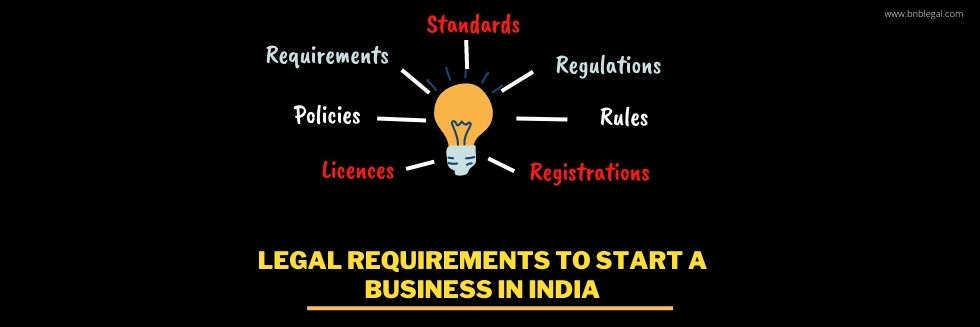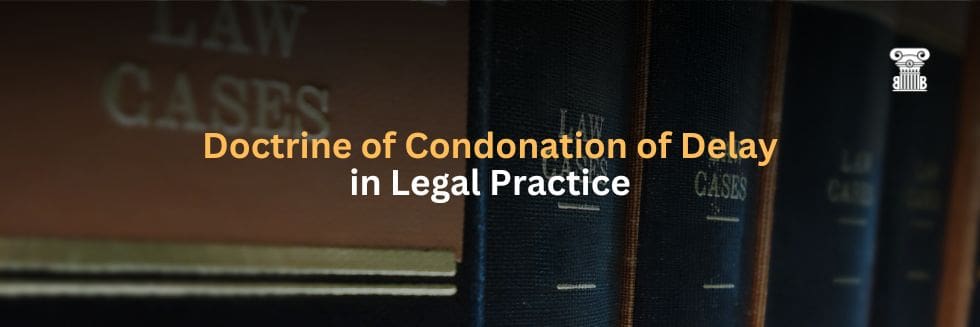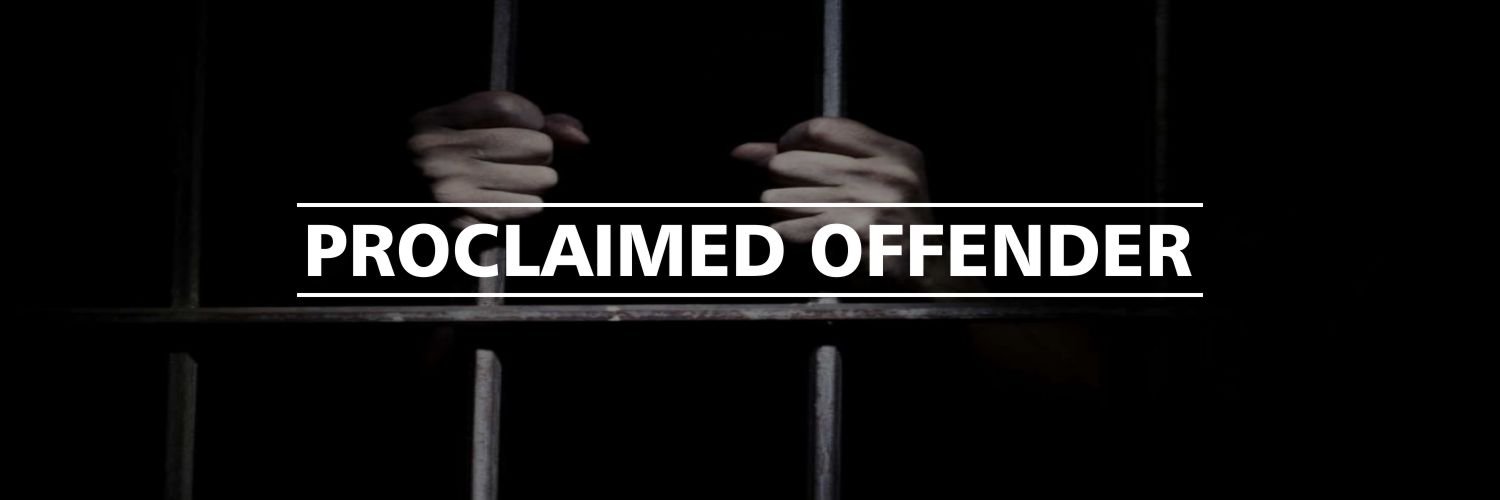Under the provisions of the Companies Act of 2013, the Articles of Association (AOA) functions as the by-laws or rules governing and regulating the internal management of the company. The AOA of the company constitutes an agreement of the members with the company, and the members inter se, binding their conduct to the extent of the provisions as enumerated within the document. Nevertheless, often generalizing Shareholders’ Agreements (SHA) are entered into between the shareholders, resulting from mutual agreements, to which the company acts as a consenting party.
As a definitive agreement, an SHA is becoming more common in the Indian corporate structure, wherein the investors can actively participate in crucial managerial decisions while securing their rights as shareholders. These SHAs establish various obligations, conditions, and restrictions through defined specific rights, often extending beyond the parameters set by the AOA, which is essentially the constitution of the company. This situation introduces complexities when SHAs go beyond the AOA’s specified framework.
Such conflict between the SHA and AOA primarily arises in relation to the management of the company, regarding affirmative votes, appointing of board of directors, accounts, etc, while the second instance of such conflict relates to the transferability of the shares. The ongoing judicial scrutiny regarding the enforceability of SHAs, particularly in the absence of their incorporation into the AOA, has resulted in varied interpretations and conflicting precedents, leading to a complex legal landscape with divergent viewpoints. This persistent legal debate has contributed to confusion and inconsistent precedents, leaving businesses and stakeholders grappling with uncertainties in navigating the enforceability of shareholder agreements within the evolving legal framework.
Mandatory incorporation into the AOA – the stance in Rangraj’s judgment
The main issue in the appeal to the Supreme Court, under V.B. Rangaraj vs. V.B. Gopalkrishnan and others,[1] was whether the shareholders could enter into an agreement that is contrary or inconsistent with the provisions of the AOA of the company. The court reasoned that only the conditions as laid down within the AOA can hinder the free transferability of the shares of a company. While asserting that the clauses of SHA cannot go beyond the provisions of AOA, the decision of the Supreme Court here was based on a seemingly settled position of law wherein the latter will always prevail in case of a conflict. In IL & FS Trust Co. Ltd. v. Birla Perucchini Ltd[2] the decision from Rangaraj was further held applicable to the conflict between AOA and SHA arising otherwise than in the matter of transferability of the shares. Thus, cementing the position of law on the matter of conflict between the Articles and the SHA, where the former prevails.
Now, assuming that certain provisions of the SHA are not incorporated within the AOA, that is, the Articles are not contradictory but silent on such matters, would the Articles still prevail? In World Phone India Private Limited and Ors vs. WPI Group Inc., USA,[3] the Delhi High Court on appeal found the decision of the Company Law Board (CLB) to be erroneous in upholding the validity of the affirmative vote by the chairman, where the AOA of the company was silent on the same matter. The issue was distinguished from the challenge to the validity of SHA provisions that are contrary to the AOA, to be on the application of such provisions that are not part of the AOA at all. The CLB reasoned that since the clause did not stand to be inconsistent with the provision of the AOA, and was thus not expressly barred by it, such provisions from the SHA would be enforceable. Conversely, the Delhi High Court, overturning the CLB order, held that where the AOA is silent on the existence of an affirmative vote, merely a clause within the SHA without its incorporation to the AOA would not be binding, even if not expressly barred by it. Referencing Section 82 of the 1956 Companies Act,[4] it was stated that restrictions or conditions mentioned in the Shareholders’ Agreement (SHA) but not included in the Articles of Association (AOA) would not be binding on the company or its shareholders.
Upholding the Independent Enforceability of SHA – the Vodafone Judgement
The Indian courts have however still not adopted a blanket stance in deciding that the clause of SHA stands to be invalid where they are not incorporated within the Articles of the company. Instead, a recent deviation has been witnessed, departing from the law as laid down in the Rangaraj judgement, wherein it is held that the SHA does not become invalid merely because its provisions are not incorporated within the Articles of the company, provided that they are not contrary to the terms of the Articles and are in compliance to the applicable laws.
This court in the case of Gherulal Parakh v. Mahadeodas Maiya had upheld the freedom of contract stating that any restriction upon such freedom can only be imposed by the reason of public interest.[5] The Companies Act of 1956, the IT Act and the RBI regulation do not explicitly or impliedly prohibit the shareholders from entering into agreements pertaining to the voting rights attached to their shares when considering the facts of the case. Along the same lines, the Supreme Court in Vodafone International Holdings BV v. Union of India found the SHA as a private document granting greater flexibility to shareholders in resolving disputes, binding only the parties thereto and not the other remaining shareholders or the company.[6] The court here did not subscribe to the view as laid down in the Rangaraj judgement, instead opining that the shareholders can enter into any agreement in the company’s interest, provided that these provisions shall not be contrary to the company’s Articles. Further, the breach of SHA that does not breach the AOA of the company will be a valid corporate action, however, the remedy to be invoked would be under the common law of the land, possibly as a breach of contract, and not under the Companies Act.
The same viewpoint has been adopted in the Companies Act 2013, with the proviso to Section 58(2), ensuring for all public companies the enforceability of any contract or agreement between the shareholders concerning the transfer of shares as a valid contract, which shall not amount to restricting the free transferability of the shares. While Section 58(2) appears to have overruled Rangaraj’s judgement in so far as public companies are concerned, clarifying the legal validity of SHA as a contract within the meaning of the 2013 Act, yet still, the controversy remains unsettled for private companies. The observations made in Vodafone’s judgment, considered as obiter dicta, are deemed insufficient to establish a binding precedent capable of effectively overturning the Rangaraj decision. Consequently, this leaves room for High Court judgments, such as World Phone judgement, to be crafted without due consideration of the principles expounded in Vodafone. Such rulings as made in oblivion lead to further confusion, creating the want for a pronouncement of settled position on this matter by the Supreme Court in light of the amended 2013 Act.
Conclusion
In light of recent judgments and the legislative intent of the 2013 Companies Act, it can be inferred that the legal significance of a Shareholders’ Agreement (SHA) as a binding document is upheld. This is contingent upon its alignment with both the company’s Articles and the relevant legal provisions, especially within the context of the proviso to Section 58(2). Nevertheless, numerous High Court judgments continue to interpret the precedent established in Rangaraj’s judgement, contributing to ambiguity and confusion regarding the definitive legal principles that companies should adhere to. This diversity in rulings raises concerns about the consistency and clarity of the established legal framework. Until a definitive judgement by the Supreme Court is rendered again, bringing requisite clarity on the matter, it is prudent to incorporate the requisite clause of the SHA to AOA to avoid any hindrance in the enforceability of the same.
[1] V.B. Rangaraj vs. V.B. Gopalkrishnan and others (1992) 1 SCC 160.
[2] IL & FS Trust Co. Ltd. v. Birla Perucchini Ltd (2004) 121 Comp Cas 335 (Bom).
[3] World Phone India Private Limited and Ors vs. WPI Group Inc., USA (2013) 178 Comp Cas 173 (Del).
[4] Corresponding to Section 44 of the Companies Act, 2013.
[5] Gherulal Parakh v. Mahadeodas Maiya (1959) AIR SC 731.
[6] Vodafone International Holdings BV v. Union of India (2012) 6 SCC 613.
This article is written and submitted by Anoushka Hooda during her course of internship at B&B Associates LLP. Anoushka is a 3rd year BA LLB student at Jindal Global Law School.








